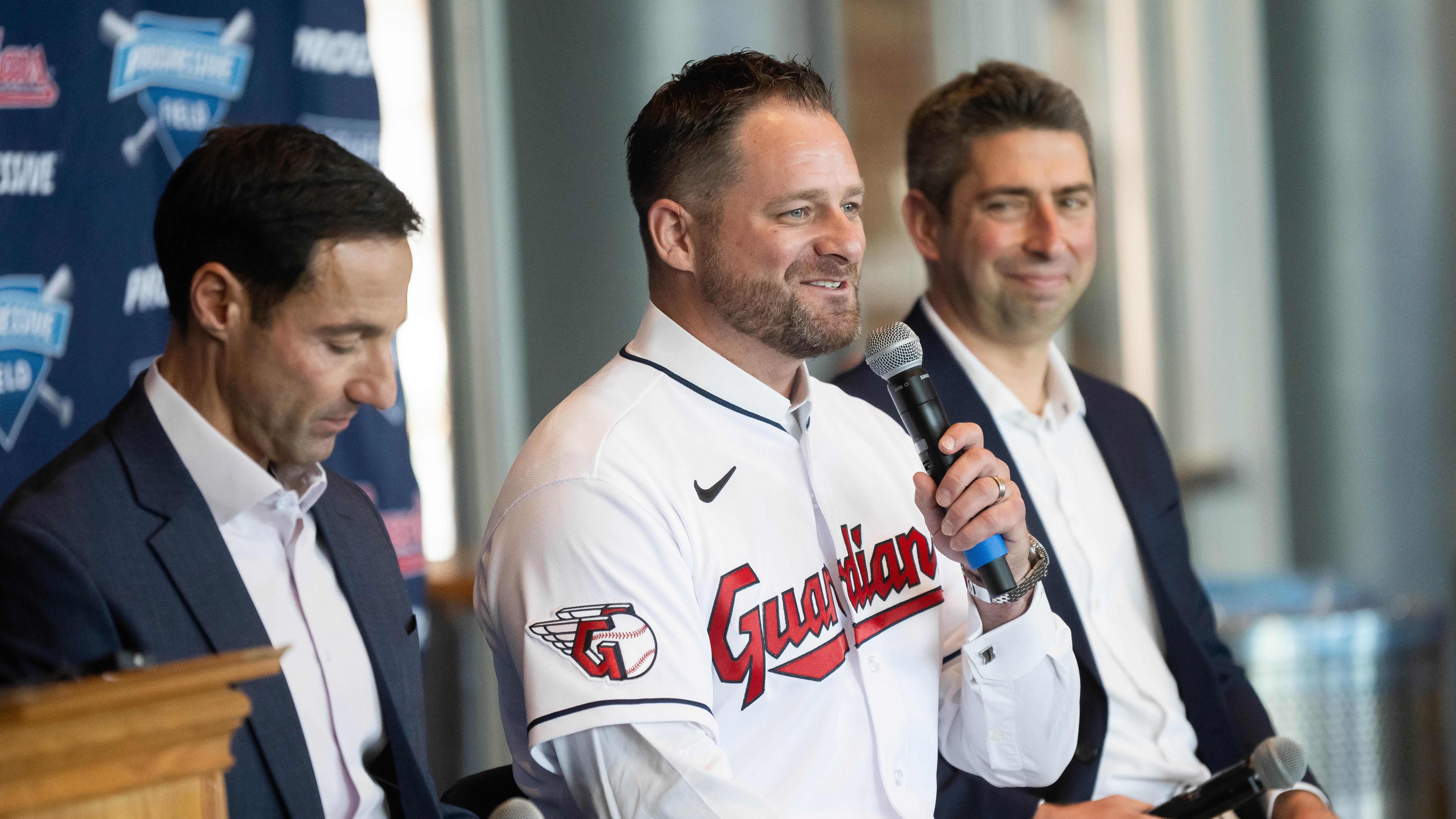We work every day to support Alaska’s rural communities through the Community Development Quota (CDQ) program and have seen firsthand the lifeline the program provides to our state’s most isolated and economically vulnerable areas.
This program is one of the most successful social justice programs in the United States, giving rural, coastal communities a stake in the success of the Bering Sea fisheries, and transferring these benefits into community investments. Our fisheries participation provides $80 million to $100 million of programs, wages and benefits into Western Alaska annually, and the full economic reach of the CDQ program is substantially larger when accounting for jobs and support services statewide.
In some communities, CDQs are the largest and only private-sector employer; the only market for small-boat fishermen; the only nonfederal funding available for critical infrastructure projects; and an essential program provider for local subsistence and commercial fishing access. There is no replacement for the CDQ program, and harm to it would come at a severe cost. As one resident framed it, CDQ is to Western Alaska communities, what oil is to Alaska.
Consistent with their statutory mandate, CDQ groups have increased their fisheries investments, and their 65 member communities are now major players in the Bering Sea. The foundation of the program is the Bering Sea pollock fishery, 30% of which is owned by CDQ groups. We invest in pollock because it remains one of the most sustainably managed fisheries in the world, backed by rigorous science, with independent observers on every vessel, ensuring that bycatch is carefully monitored and minimized.
We also invest in pollock because the industry is committed to constantly improving and responding to new challenges. We understand the impact that salmon collapses are having on culture and food security in Western Alaska communities. Working with industry partners, we have reduced chinook bycatch to historically low levels and achieved more than an 80% reduction in chum bycatch over the past three years. This is a clear demonstration that CDQ groups and industry are taking the dire salmon situation seriously, despite science that shows bycatch reductions will have very minimal, if any, positive impact on subsistence access.
The effects of recent warm summers on the Bering Sea ecosystem have been well documented by science. This has caused some species to prosper, like sablefish and Bristol Bay sockeye salmon, while others have been negatively impacted, including several species of crab and salmon. Adding to these challenges is the unregulated and growing hatchery production of chum salmon in Russia and Asia, which is competing for limited resources in the Bering Sea, and increasing management challenges.
Attributing the current salmon crises to this fishery is misguided and could cause unnecessary harm to CDQ communities. Without the pollock fishery, we would see dramatic increases in the cost of food, fuel and other goods that are shipped to rural Alaska. We would also see the collapse of the CDQ program and all that it provides, including a wide array of projects and jobs that help keep families fed and children in school.
The challenges Alaska faces are significant, and to address them we need to collectively work together to mitigate the impacts of warming oceans on our fisheries, build resiliency in our communities and fishery management, and continue to improve practices to minimize fishing impacts. We must also recognize the vital need for the types of community investments and job opportunities that the CDQ program creates for Western Alaska and ensure these benefits are considered when talking about the Bering Sea pollock fishery.
Eric Deakin is chief executive officer of the Coastal Villages Region Fund.
Ragnar Alstrom is executive director of the Yukon Delta Fisheries Development Association.
Michael Link is president and CEO of Bristol Bay Economic Development Corp.
The views expressed here are the writer’s and are not necessarily endorsed by the Anchorage Daily News, which welcomes a broad range of viewpoints. To submit a piece for consideration, email commentary(at)adn.com. Send submissions shorter than 200 words to letters@adn.com or click here to submit via any web browser. Read our full guidelines for letters and commentaries here.

/cloudfront-us-east-1.images.arcpublishing.com/gray/HD426Z6JVFE3DDTL3VJBIJYVZI.jpg)






:quality(70)/cloudfront-us-east-1.images.arcpublishing.com/adn/M6Q5X6WKFJGOHHMYIS2G4SAK3Q.jpg)


















/cdn.vox-cdn.com/uploads/chorus_asset/file/25739950/247386_Elon_Musk_Open_AI_CVirginia.jpg)



